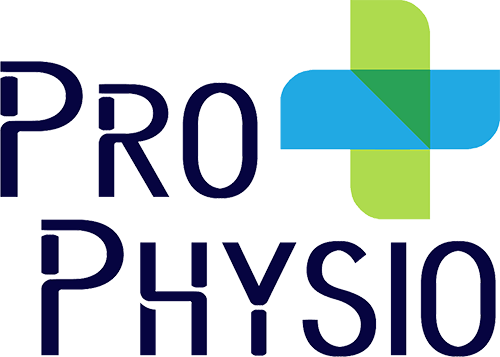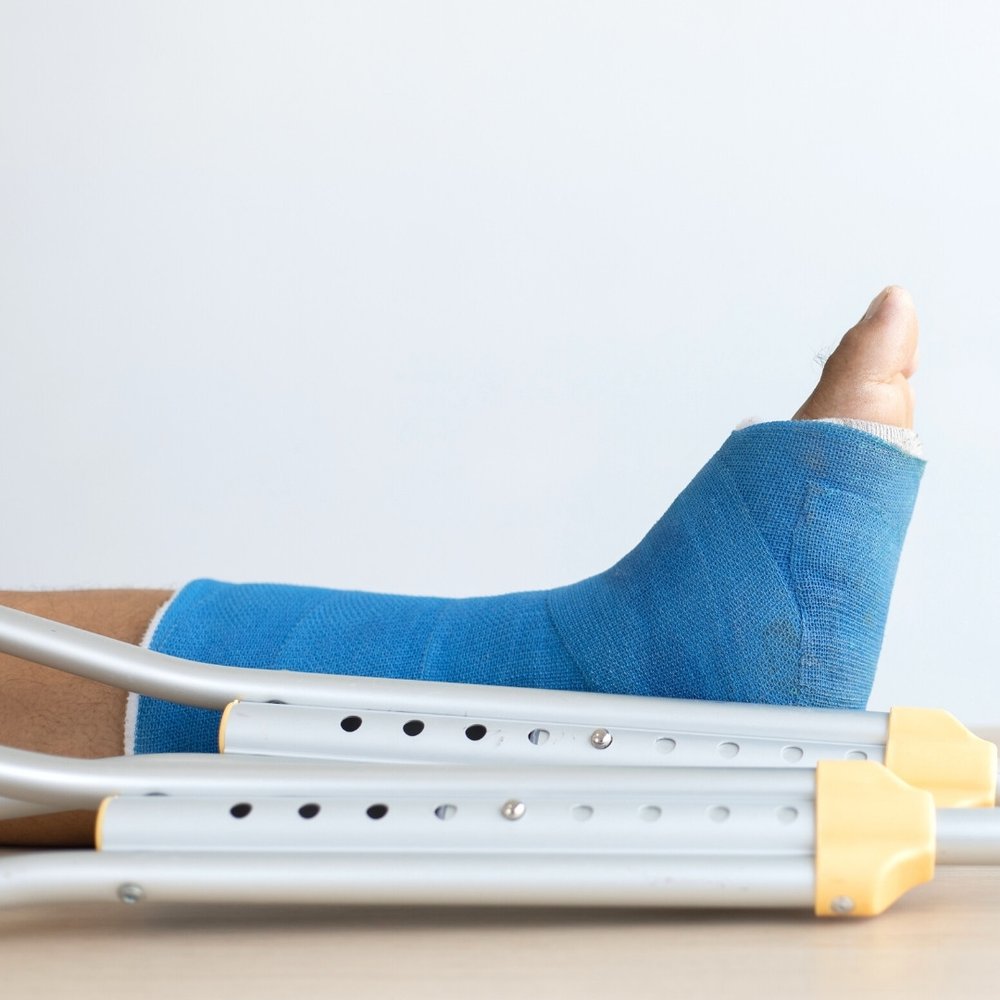At ProPhysio+ we see many clients who have workplace injuries that have occurred for a range of reasons. Workplace injuries are more than just an inconvenience. In the Australian Bureau of Statistics’ most recent report on work related injuries, they found that 536,600 Australians had suffered from a workplace injury in just one year. A significant 60% of these people were forced to take time off work as a result of an injury or illness.
The most common industries that have experienced work related injuries include –
- Technicians and trades workers
- Professionals
- Machinery operators and drivers
- Labourers
As for the most common cause of injury, the culprit was lifting, pulling or bending – causing 24.2% of all workplace injuries, according to the report.
If you’ve suffered one of these common workplace injuries, don’t worry. There are many trained healthcare professionals who can help.
Physiotherapists are trained in injury rehabilitation, pain management strategies, and methods to prevent further injury from occurring.
Here are the 6 most common injuries that we see, and what can be done to support recovery and treat them.
1.Strains and sprains
These are all too common workplace injuries that can be surprisingly disruptive to work and life. A sprain refers to an injury to a ligament, and a strain is an injury to a muscle or tendon. These injuries typically occur when the ligament, muscle or tendon becomes stretched beyond its capacity and it is strained or torn as are result.
When you come to the physio with a strain or sprain, our advice will depend on the cause, location and severity of your injury. We will ensure that you do not have a more severe injury such as a fracture or dislocation, and we will refer you for further testing such as an X-ray if required. We will then utilise techniques such as rest, ice, compression, and joint mobilisation to support your sprain or strain to heal as effectively as possible. We can advise you on appropriate pain management techniques, what activity you can safely do, and how to prevent the injury from worsening.
2. Fractures
When a fracture occurs, it can be very painful or frightening. However, a physiotherapist can provide you with support. A physiotherapist can help you to regain function movement and range of motion, as well as helping you to strengthen muscles around the fracture. They can assist you to manage stiffness, pain and discomfort that can arise from immobilisation, as well as advising you on how to safely begin returning to activities.
3. Repetitive movement injury
These repetitive movement injuries can occur in just about any industry. You don’t have to be lifting heavy boxes or carrying ladders to get a repetitive movement injury – office workers can hurt their necks from looking between computer screens or hurt their wrists by developing carpal tunnel syndrome as a result of repetitive movements.
A physiotherapist can advise on the prevention of repetitive movement injuries, by suggesting braces, stretches and movements that help to reduce the severity and risk of an injury.
Improving strength, mobility and the way in which you carry out repetitive tasks can all work to protect you against this common injury. If you have developed a repetitive movement injury, a physiotherapist can assess you, provide advice and support you to manage pain and discomfort. The exact treatment will vary according the injury that you have.
4. Vehicle accident injuries
Vehicle accidents are sadly all too common and can occur in the workplace. A collision can lead to common injuries such as whiplash. This can cause pain, stiffness and headaches from referred pain. It is essential to be checked by a medical professional after a car crash to ensure that you are safe and do not have any underlying injuries. A physiotherapist can assess you as well as provide you with a diagnosis and management for a resulting injury.
5. Slip or fall injuries
Slip and fall injuries may not lead directly to a broken bone or a concussion, but they can still result in soft tissue damage, inflammation, bruising, soreness or exaggeration of old injuries.
A physiotherapist can assess you for any underlying injuries, provide pain management advice, support you in reducing your future fall risk and help you to strengthen certain muscles to improve your strength and balance.
6. Back Pain
From nurses who lift patients and stand on their feet all day and couriers who sit in uncomfortable car seats to tradies who are lifting and carrying heavy loads on their feet all day, many professionals are struggling with back pain as a result of their workplace activities.
A physiotherapist is trained in the anatomy and physiology of the complex structures in the back, and is able to advise on safe lifting techniques as well as strategies to avoid straining or overworking large muscle groups. Our greatest strength is in supporting workers to avoid repeating their injuries and teaching them how to strengthen the right muscles to build strength and flexibility.
How Pro Physio+ can help
We can provide you with exceptional service, an individualised recovery plan and with support to get back to work as quickly as possible.
Being a ‘health professional means that I experienced and specialise in providing health care.
My field of health is Physiotherapy.
The science of movement and pain.
Physios help you move better and get out of pain.
Now I have had my own issues regarding movement and pain.
Playing Rugby for many years I copped my fair share of war wounds… believe me!
Both AC joint grade 2 sprains, R rotator cuff tear, L hamstring tear, R calf tear, finger sprains, wrist pain, rolled ankles (both), L knee meniscus tear and concussion x 4.
Plus being a Dad of 3 and losing that free “Leki time” and deciding to hang up the boots didn’t do wonders for my health. I put on 30 kgs, flat batteries, low energy and had issues with constant headaches.
It took me over 6 years to correct course and below is a list of things I do daily as my non-negotiables (this has and will continue to evolve over time):
✅ Drink 2L of water and prioritise protein in nutrition plan
✅ > 6 hours of deep restorative sleep
✅ Perform @andrew_lock_strength “Base 5” activations
✅ Modify sitting with kneeling and standing
✅ Write a journal entry and say “I love you” to my family
I’m covering all my bases here with nutrition, sleep, stress regulation and movement/exercise.
What do your non-negotiables look like??️ Click the link in the bio and “Book an Appointment?” with me and I’ll get you moving better and out of pain!

